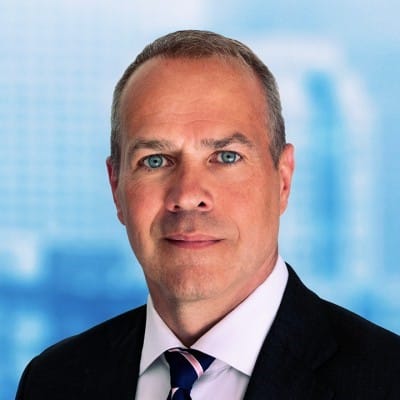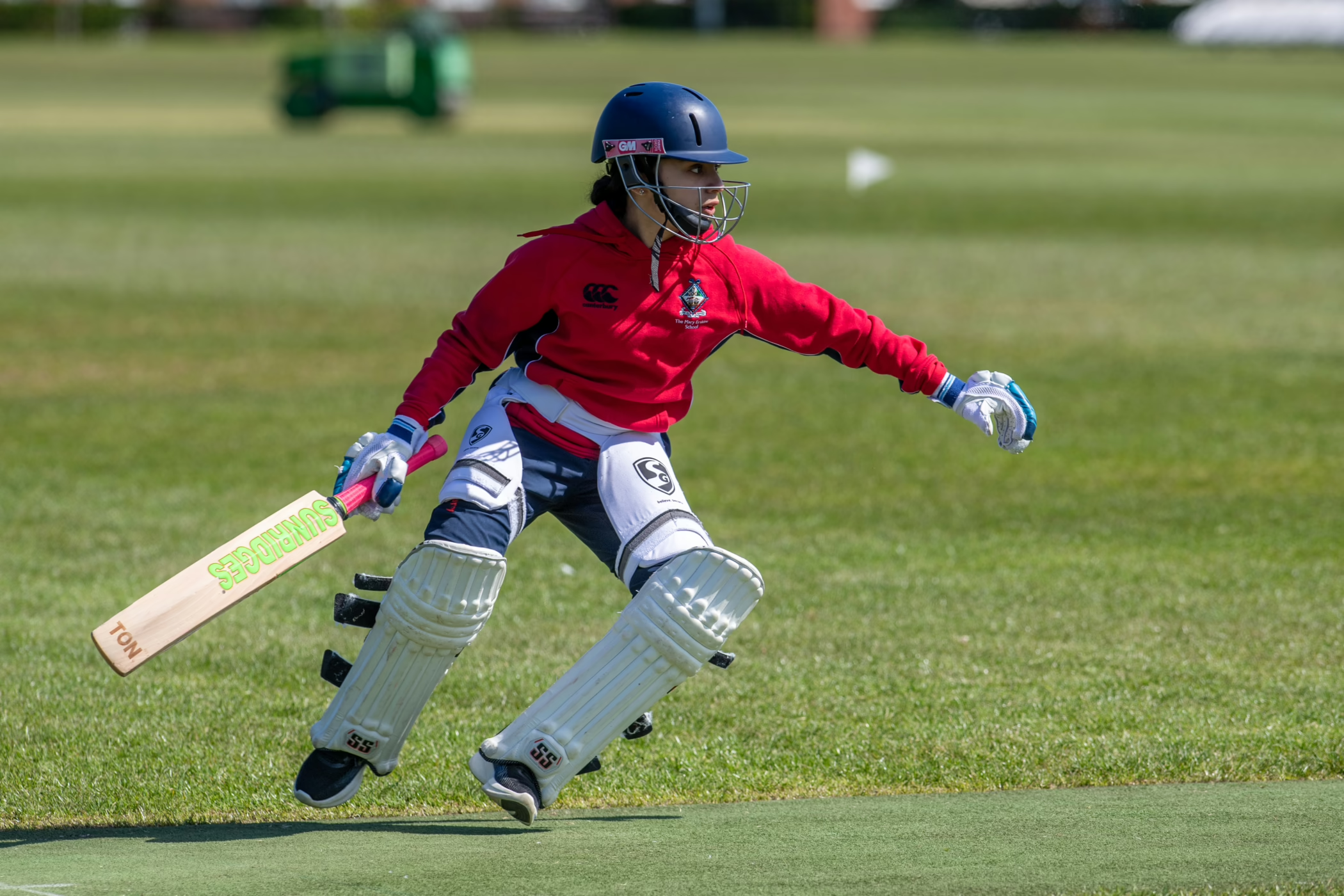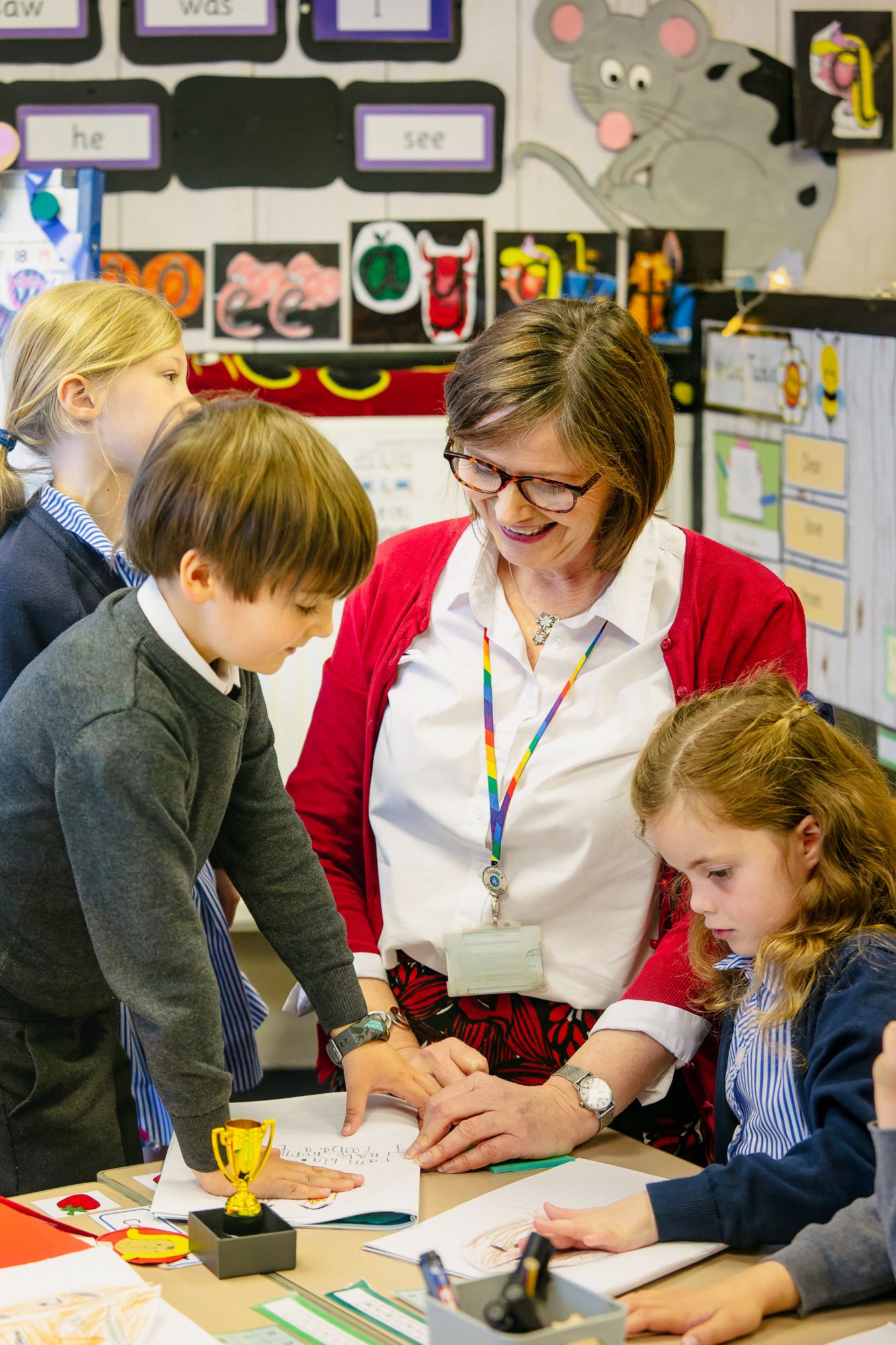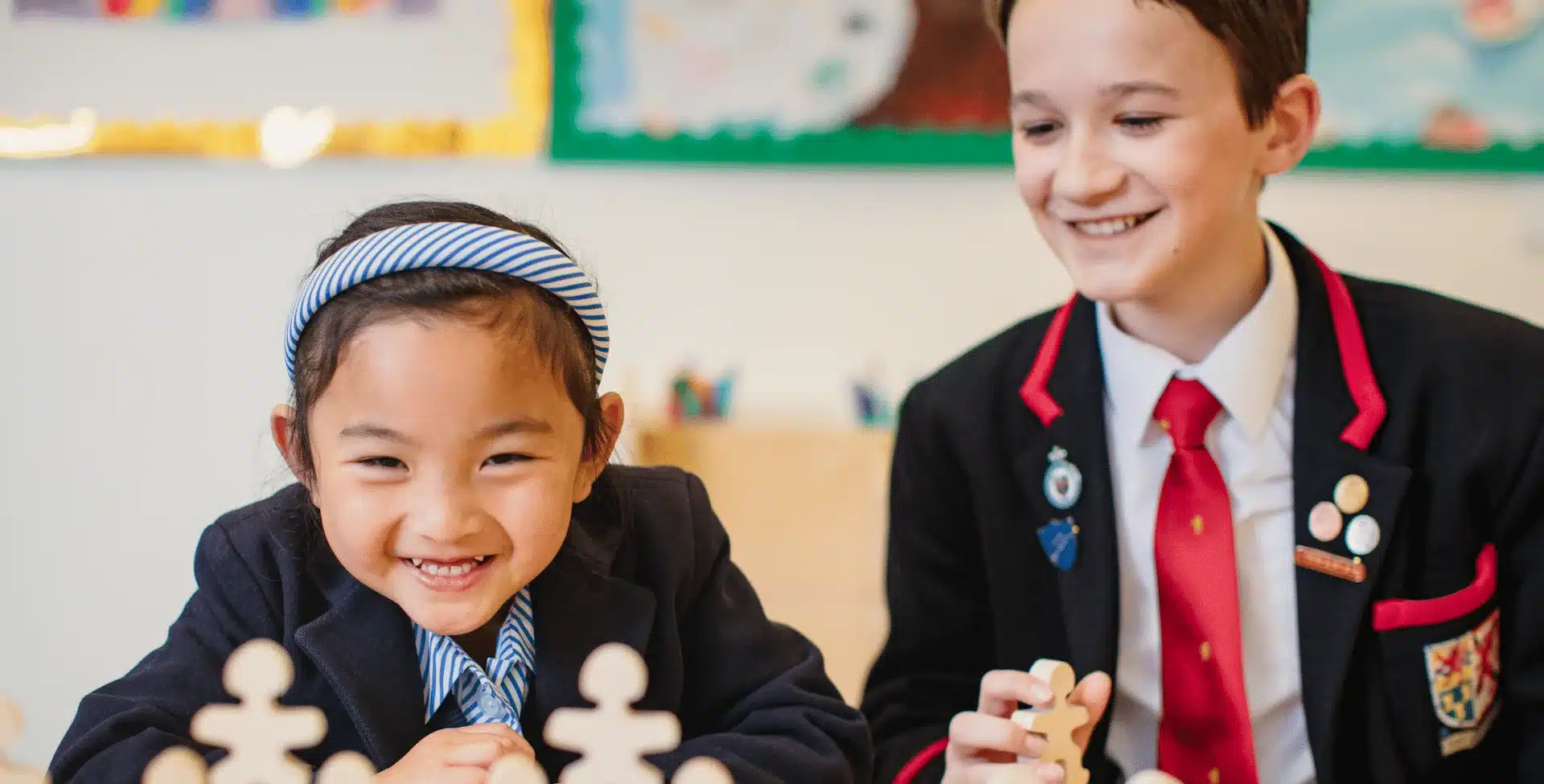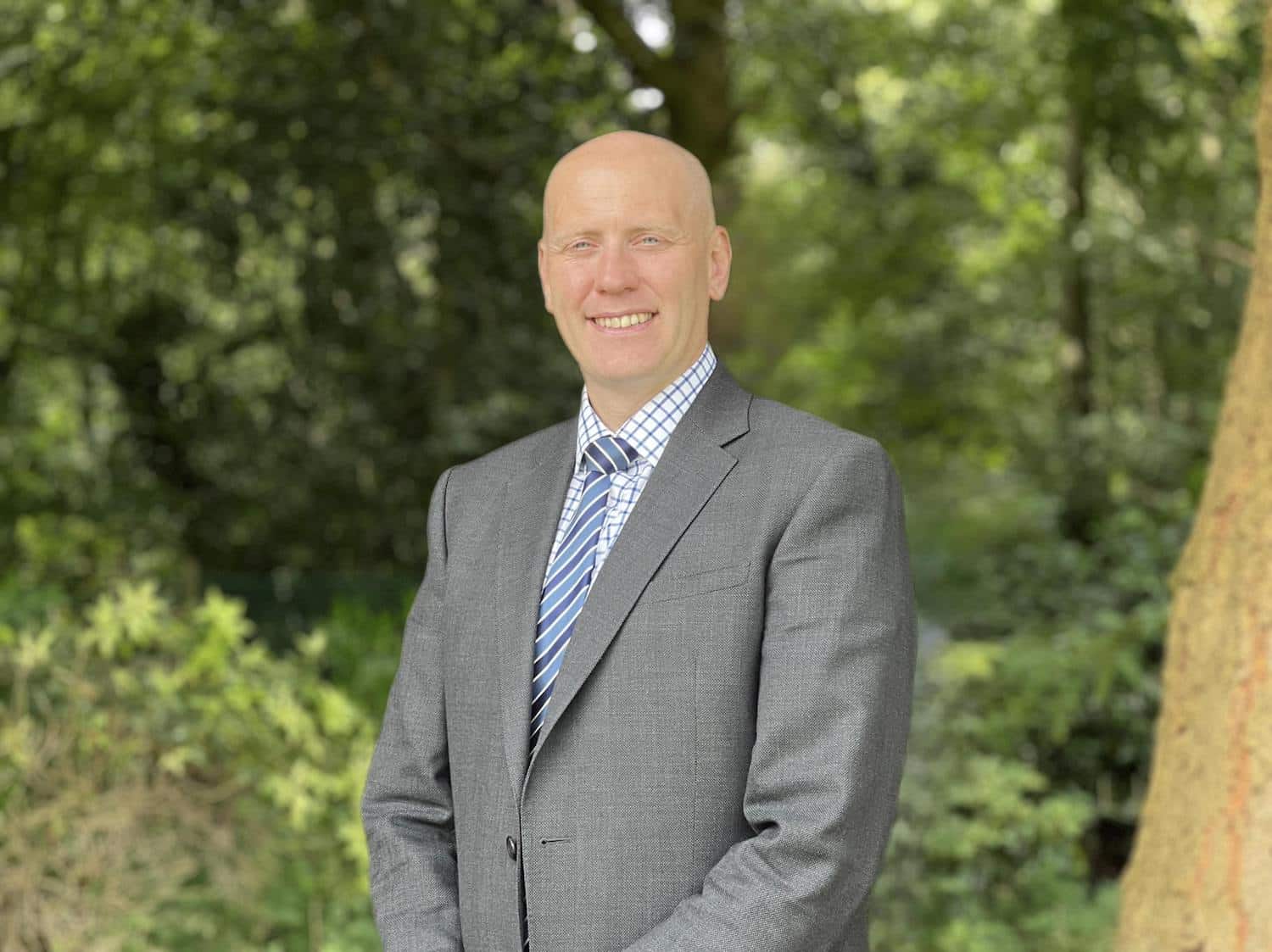What are your standout memories from your time at school?
I think what really sticks with me is the sheer breadth of activities that were on offer. Whether it was in sport, being part of the Orchestra or Jazz Band, or even just playing Tunnels & Trolls with my friends in “Fantasy Role Playing Club”, it all gave me a real sense of belonging. I loved that you had the chance to try out so many different things and then focus on the ones you enjoyed or were good at, all while your friends might be off doing something completely different but you were always connected through the school. It created an environment where everyone could find their own space to thrive.
Were there any particular teachers, subjects or experiences that influenced your path into Marketing, Economics, or even squash?
Definitely. Tam Fraser, who was Head of English, and the Squash Master, played a big part in encouraging my squash endeavours. He was probably the first person (outside of my Father) who figured out that I might have real talent and encouraged me to make the most of it. In the classroom, Mr Carrington, my Economics teacher, also had a big impact. Many of the concepts he taught me are things I still use in business today. It is the foundation of how I think about businesses and markets. My Housemistress (I was in Tay House), Mrs Dorward, made a huge impact. She was a real character and absolutely knew how to handle me whilst also constantly teaching me small lessons about how to be the best version of myself. I really enjoyed school and feel lucky to have had so many excellent teachers. Robertson, Wylie, Stevenson, Orem, Riley, Blackwood (my clarinet teacher) and Mr Morgan as our Head, also stand out in my memory. To be honest, I could name many more great teachers who helped shape my interests and thinking through the years, but I guess space is limited! “Thank You” to them all!
Did you always have a clear idea of what you wanted to do after school?
Not at all. In fact, the topic of a recent talk I gave was about how you create a path, rather than follow one. People often ask me what my plan was, but I never had a fixed plan. It’s more about being ‘Never Unprepared’ for an opportunity when it comes along. I knew what I was interested in, it was just a matter of figuring out how to align those interests with something I could do as a career. I was always drawn to business and even ran a few small ventures while still at school. One of them was a printing business. I created letterheads and business cards, which I learned how to do it in the school printing club. I then invested my life savings in a machine and set up at home. It turned out to be a pretty good little money-maker!
What led you to choose Marketing and Economics at university?
I’d always liked business and really enjoyed studying economics at school. It felt important and relevant. I was also intrigued by the art of selling, how you make something appealing to people. Marketing seemed like a way to explore that further, to understand how people make decisions and what drives them. Economics gave me a solid foundation, and Marketing let me explore the creative and strategic sides of business.
How did you balance academic life with your squash commitments?
Arguably, I didn’t always get it perfectly right! But I think school did a good job of teaching us how to find that balance. There were plenty of opportunities to play sport, and I felt supported to make space for training and competitions. I’d often spend evenings and weekends playing squash, and school was flexible and understanding about giving me the time I needed. That early exposure to juggling priorities helped me in later life.
What was it like playing squash professionally in the Netherlands? What lessons did you take from that experience into your later career?
It was an interesting time. People see the tournaments and competitions which are the high points for any competitive athlete, but the reality is that 95% of professional sport happens behind closed doors. It’s a repetitive routine – wake up, go for a run, solo practice for two hours, lift weights, back on court for another 2-3 hours, more cardio training in the evening, go to bed early and then do it all again the next day. Reality is that it can be quite dull! However, I made a lot of great friends and learned a huge amount about discipline. Squash is not a big money sport so there was no coach standing over me and telling me what to do. I had to be self-driven and hold myself accountable.
Living overseas was also a big part of the experience. It wasn’t as common then as it is now, and I learned a lot about adapting to different cultures and communicating with a wide range of people, from sponsors and tournament organisers to the media and other players. I had to learn how to adjust my communication style depending on who I was talking to, and that’s a skill I still rely on today.
What drew you to the graduate trainee programme at Lloyds Banking Group?
After a couple of years playing professional squash, I felt ready for something different. Even though I’d studied Marketing and Economics, I had not had any formal finance training, so I saw the graduate schemes at the big banks as a good way to get that type of exposure and training. I applied to the corporate division of Lloyds, rather than retail, because I was more interested in the business side of things i.e. how companies operate, how they’re financed and how they are managed on a day-to-day basis. It felt like a solid foundation.
How did your time at Lloyds prepare you for your subsequent roles in investment banking and private equity?
It was my first proper exposure to big businesses, and I began to understand what they actually do, how their finances run day to day, what makes them tick. It confirmed to me that I was really interested in business, but not necessarily in starting my own. I also became curious about who the different players were that worked with businesses like that, and that’s what ultimately led me towards Private Equity. It wasn’t a clear-cut path; it was more about following my interests and realising that this thing called Private Equity was the area that excited me most.
Can you describe the transition from being a graduate trainee to holding senior roles at 3i and LDC?
It was definitely a process of maturing, but I had great guidance from people who had been through it before. When I started, I was paired with someone who’d been at the firm for six or seven years. I followed them to every meeting, every lunch, just soaking it all in. It was excellent training. We also had formal learning through the informally named University of Venture Capital, where all the trainees would come together for a week each month to study a whole host of topics including selling skills, financial modelling, structuring deals, negotiating debt, negotiating legals and basically everything else we needed to know.
A lot of it was on-the-job learning. Over time, you just start to figure out what to do. I was given a lot of responsibility quite early on. By the age of 26, I had a target to invest £4 million that year! It was exciting, and honestly a bit terrifying! But at the time you don’t overthink it, you just think, “This is a great opportunity, and I need to hit my targets.” Looking back, it was a steep learning curve, but a hugely rewarding one. And I hit my target in that first year!
You joined William Blair in 2006 and have risen to become Head of European Investment Banking. What have been the key milestones along the way?
When I joined, there were just eight bankers in Europe, it was a tiny operation. The person who recruited me was (and still is) incredibly charismatic. He said, “We’re going to build a significant business in Europe,” and he really sold me a dream. Sure enough, we’ve grown it from eight bankers in a tiny office in Bishopsgate to around 125 bankers across five offices in Europe. That journey has taught me that the most important factor in any endeavour is the people, the quality of the people we hire, the effort they put in, the collaboration between them and the value that they add to our clients and their colleagues.
I’ve thrown myself into various roles over the years, but I’ve always had the support of great colleagues. Having a strong sense of community and a feeling of being part of something bigger has made all the difference. I know not everyone is lucky enough to experience that, so I really appreciate it and I hope those who haven’t had it can still take something positive from their own paths. I’ve always had a sense that I’m where I’m meant to be. It’s the people who have made the difference and allowed us to grow into what we are today.
How would you describe your leadership style, and how has it evolved over your career?
I’ve always been a “lead from the front” type of person. I believe in rolling up my sleeves and getting stuck in. That doesn’t mean doing everyone else’s job, I want people to have ownership of their roles, but I’m always happy to jump in when needed. I’m not afraid to have tough conversations either; they’re often the ones that help someone grow the most.
I try to be inclusive and collaborative. It’s important to me that people feel listened to. I’m always aiming to create an environment where everyone feels empowered and enabled to be the best version of themselves. That’s how you build a strong, high-performing team: by making sure people feel valued and supported.
What does a typical day or week look like for you in your current role?
Honestly, there’s no such thing as a typical day. It might involve travel e.g. heading to our headquarters in Chicago or visiting one of our European offices in Frankfurt, Amsterdam, Zurich or Madrid. I wear two hats: a leadership hat, which is more strategic and focused on empowering people; and a management hat, which deals with the functional side of things like opening our new office in Madrid.
I’m still involved in client work too, part of pitches, managing investments, dealing with HR issues. A lot of things land on my desk, so every day is different. One constant, though, is that I spend a lot of time talking to people – colleagues, clients, stakeholders. It’s rewarding, but it does mean I value my quiet time when I get home!
What have you learned from a challenging period in your career?
Towards the end of my time in private equity, I realised I was becoming quite unhappy, and it was starting to affect who I was and how I behaved, both professionally and personally. The role just wasn’t fulfilling anymore, and that lack of engagement started to show in my performance too. You can’t operate at a high level if you’re not fully committed. That period became a catalyst for change. I didn’t have a plan, but I knew I needed to leave and take some time to reflect, to figure out what the next chapter might look like. In hindsight, it was one of the most important decisions I’ve made and one of the best.
How do you weigh up risk in your role?
I always come back to risk versus reward, something my economics teacher, Mr Carrington, drilled into us at school. Taking risks is essential for growth. We’re currently expanding our operations in Southern Europe, which means hiring new colleagues and opening a new office. We have a responsibility to our new colleagues to do the best we can to help them succeed. There’s a clear social contract involved. On the other side, the potential reward is significant: a stronger presence in a key region and long-term business growth. For me, it’s always a calculated, analytical approach. Risk is an inevitable and necessary part of doing business, but analysing and calculating the risk v reward is, for me, the way to navigate it.
Has mentoring played a role in your own career progression?
Yes, definitely. I’ve had some formal mentors over the years, but just as often, the mentoring has been informal. Spending time with someone I worked closely with, like a chairman I got on well with, and learning from how they handled themselves in certain situations and the decisions they made. Those relationships have been incredibly valuable.
Do you now mentor younger professionals yourself? What do you try to pass on?
Absolutely. I work with two charities (Envision and Talent Tap) that support young people who want to gain experience and insight into the working world. I also make a point of spending time with colleagues internally to help them develop their careers. It’s hugely important. If I can help people navigate their early steps and feel more confident about their future, that’s a big win.
In your experience, what makes a great leader in the world of investment banking?
A great leader listens. They value people over profit. I firmly believe that if I create an environment where individuals feel empowered and enabled to develop and grow, then the quality of service we provide will naturally be excellent and the financial results will follow. I don’t worry about whether we’ll get paid. I focus on making sure the right people are in place and that they have what they need to perform at a high level. That’s what drives sustainable success.
How do you unwind or switch off from the pressures of a high-level role?
Sport still plays a huge role in helping me unwind. I can’t play squash anymore, but I now play real tennis, which is a bit of a niche sport. There are only about 45 courts in the world, but I happen to live near two of them, which is pretty lucky! I also go to the gym regularly to stay physically active. Beyond that, I enjoy spending time with my wife and, when we get to see him, my son (who is now almost 23). We also have two dogs (Daisy and Doris) who keep us busy and get us out walking which is great. I also recently picked up the guitar again, which I hadn’t played since school. I’ve really been enjoying getting back into music.
Do you still play squash or stay involved with sport in any way?
I don’t play squash anymore due to injuries,[M(1] but sport is still very much a part of my life. Whether it’s playing real tennis, going to the gym, or just following various sports, I think staying physically and mentally active is key to balance. That competitive energy never really leaves you and it needs a channel!
What hobbies or interests do you pursue outside of the office?
Aside from sport and music, I really enjoy spending time outdoors, especially with the dogs. I am trying to get into cooking and making the most of living in London through the week by going to the theatre, concerts and the cinema. I’ve found that having different outlets really helps keep me interested – it’s less about possessions and more about experiences these days!
You dedicate a lot of your time to sport, what wider life lessons has it taught you?
I’ve learned to approach everything like a professional athlete, working backwards from the result I want, and then figuring out what steps I need to take to get there. Sport has taught me discipline, how to manage disappointment, and the value of camaraderie, even with on court rivals! You always want to win, of course, but sport teaches you to respect those you’re competing against.
There’s nothing quite like the feeling of building up to a big match and then losing, it really teaches you how to deal with setbacks and how to come back stronger. Those moments shape your resilience. It’s also taught me humility. I’d take a sore loser over a loud winner any day. It’s great to win but be cool about it! Sport has also taught me that at some point your knees will give out, so you learn to evolve and discover the things that you are still able to do!
What advice would you give to current pupils who might be considering a career in finance, business, or professional sport?
Whatever you’re aiming for, it’s about figuring out the next realistic step. If it’s sport, maybe it’s making it to county or national level. If it’s business, perhaps it’s getting an internship at one of the top firms. Then you ask yourself: what are the steps I need to take to get there? In banking, for example, that could mean learning financial modelling or researching deals that different firms have worked on. It’s like an expedition, you don’t just look at your compass once at the start and then never again. You check in regularly and course-correct as needed. Set achievable goals, and keep moving forward.
Looking back, is there anything you wish you had known when you were at school?
I think it’s one of those things where you don’t know what you don’t know. Towards the end of school, you start feeling pretty confident, and then you leave and realise just how much you still have to learn. But honestly, if you knew everything in advance, life would be a bit dull, wouldn’t it?
What qualities or habits do you think young people should try to develop early on?
Integrity is everything. If you’re honest and act with integrity, it’ll take you far. Also, never underestimate how powerful communication is in everyday life. How you treat people really matters. I’m not one for giving lots of advice, but I always say: never write an email you wouldn’t want printed on the front page of a newspaper… or that your mum wouldn’t be happy reading! And remember, you’ll often meet the same people more than once, so make sure the first meeting leaves a good impression.
What surprised you most about life after school?
It was the freedom, really. At school, from ages 5 to 18, your day is planned out for you. Then you leave, and suddenly you wake up and realise you can do absolutely anything, but you also have to figure out what that is. No one’s going to tell you what to do anymore. And time speeds up. At school, it sometimes felt like things moved at a glacial pace. In the post school world, the weeks and months just fly by.
What piece of advice has stayed with you over the years?
There are a couple that stick with me. One was from Miss Milligan, a teacher who sadly passed away young. I’ve always been outgoing, sometimes a bit too much so, and she once told me: “People will like you, but you have to listen to them. It can’t always be about you.” That really stayed with me. Appropriate communication, an interest in others and treating people well, those things matter.
Then there was Mrs Dorward, my housemistress. When I became the first in my year to earn colours for sport, she came up to me after Assembly and said, “I’m proud of you”, then tilted her head slightly before adding “but don’t let it go to your head!” She then advised me not to wear suede shoes again. I listened to the first bit of advice, not so much the second!
Where do you take your inspiration from?
All over the place. I see people doing brave or selfless things every day, often just ordinary people trying to get through life, which isn’t always easy. It’s not about one person or one big moment for me. I think it’s important to look around, stay curious, and allow yourself to be inspired by a wide range of things.
